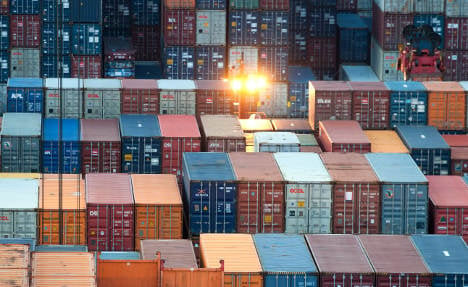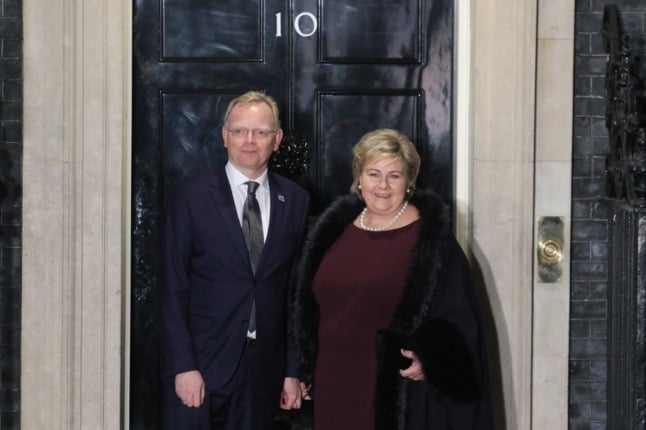Germany exported goods worth a total €90.0 billion in seasonally-adjusted terms in April, 1.7 percent less than in March, the national statistics office Destatis said.
Imports were down even more sharply, shrinking 4.8 percent to €73.9 billion, meaning the seasonally-adjusted trade surplus increased to €16.1 billion from €14.0 billion in March.
Taking the first four months of 2012 as a whole, however, the picture was more positive, with German exports rising 5.2 percent over the year-earlier period to €363.1 billion in unadjusted terms and imports up 3.3 percent at €303.2 billion.
That meant the January-April trade surplus increased by 15.9 percent to €59.8 billion.
The release “shows that Germany is not immune to a slowdown in world trade and flagging demand from the eurozone,” said Natixis economist Constantin Wirschke.
According to Destatis, exports to Germany’s partners in the single currency area were down 3.6 percent year-on-year in April, while exports to countries outside Europe grew by 10.3 percent.
Newedge Strategy analyst Annalisa Piazza also saw the data as a “clear signal that the German economy is beginning to suffer from the effects of the current crisis.”
Foreign trade “has been one of the key factors supporting activity in the first quarter whilst today’s data cast some doubts on the future development of net exports contribution to growth,” Piazza said.
“Poor trade activity might be seen as a harbinger of moderation in the economy as a whole as demand is fading, both domestically and externally,” she concluded.
AFP/hc



 Please whitelist us to continue reading.
Please whitelist us to continue reading.
Member comments